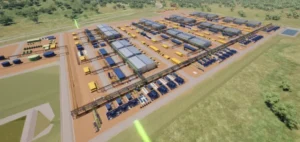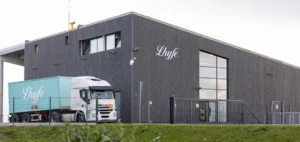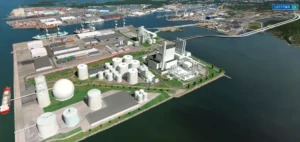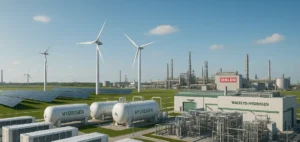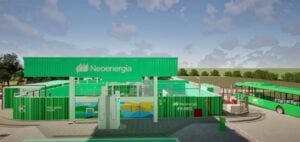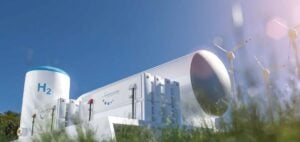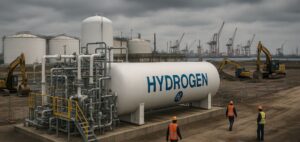In a recent report, the International Chamber of Shipping (ICS) reveals that heavy industry will be the main driver of global hydrogen demand by 2050.
The document, signed by Professor Stefan Ulreich of the Biberach University of Applied Sciences, points out that the economies of South Korea, Japan and the European Union are in the front line to drive this growth.
In Europe, ambitions translate into a target of 20 million tonnes of hydrogen per year by 2030, with a significant dependence on imports to satisfy half of this need.
This projection underlines the strategic importance of hydrogen in industrial processes, as well as the challenges associated with supply and transport.
Infrastructure and Transport Capacity: Major Challenges
To meet growing demand, the ICS report estimates that 411 new specialized vessels will be needed to transport hydrogen over long distances.
This figure could rise to 500 if transport is in the form of ammonia.
These requirements pose considerable logistical challenges for the marine industry, which will have to adapt quickly to this new reality.
The scale of production required to supply this demand is also significant.
To produce 30 million tonnes of green hydrogen per year, the equivalent of the combined annual electricity production of South and Central America would be required.
This need for renewable energy means that we need to think about the energy infrastructures that need to be developed to support such an industrial effort.
Strategic Implications for Investors and the Maritime Sector
The ICS report highlights the uncertainty surrounding future hydrogen demand, which could put the brakes on necessary investment.
The volatility of current projections creates a complex environment for companies and investors, who must navigate between opportunities and risks.
To achieve carbon neutrality by 2050, global hydrogen consumption will need to increase fivefold.
This rapid growth will require careful planning and strategic investment in infrastructure, particularly in the marine transport sector, which will play a central role in hydrogen distribution worldwide.


